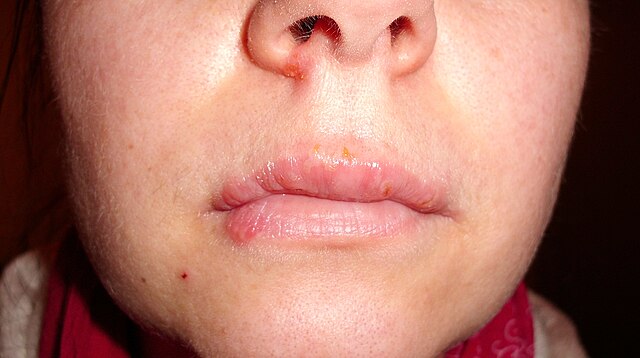Herpes is a common yet often misunderstood condition. If you're asking yourself, "Do I have herpes?" you're not alone. Millions of people worldwide live with herpes, and while it can feel overwhelming, understanding the facts can help you take control of your health. In this article, we’ll explore the symptoms, testing options, and what to do if you suspect you have herpes.
What is Herpes?
Herpes is a viral infection caused by the herpes simplex virus (HSV). There are two main types:
- HSV-1: Typically associated with oral herpes (cold sores).
- HSV-2: Usually linked to genital herpes.
Both types can cause sores or blisters, but they can also be asymptomatic, meaning you might not notice any symptoms at all.
Common Symptoms of Herpes
If you're wondering whether you have herpes, here are some signs to look out for:
- Oral Herpes (HSV-1):
- Cold sores or blisters around the mouth or lips.
- Tingling or itching before sores appear.
- Swollen lymph nodes or fever (in some cases).
- Genital Herpes (HSV-2):
- Painful sores or blisters in the genital or anal area.
- Itching, burning, or tingling in the affected area.
- Flu-like symptoms (fever, headache, fatigue) during the first outbreak.
Note: Some people experience mild symptoms or none at all, which is why testing is crucial if you suspect exposure.

How is Herpes Transmitted?
Herpes is spread through direct contact with an infected person, including:
- Kissing or oral contact (HSV-1).
- Sexual contact, including vaginal, anal, or oral sex (HSV-2).
- Sharing items like utensils or towels (less common but possible for HSV-1).
It’s important to know that herpes can be transmitted even when there are no visible symptoms, a phenomenon known as asymptomatic shedding.
How Do I Know for Sure?
If you’re experiencing symptoms or think you’ve been exposed to herpes, the best course of action is to get tested. Here’s how:
- Visit a Healthcare Provider: They can examine any sores and perform tests.
- Swab Test: A sample from a sore is tested for the virus.
- Blood Test: This detects herpes antibodies, which can confirm whether you’ve been infected.
Tip: If you’re sexually active, consider regular STI testing as part of your healthcare routine.
What If I Test Positive?
A herpes diagnosis can feel overwhelming, but it’s important to remember:
- Herpes is manageable: Antiviral medications can reduce symptoms and lower the risk of transmission.
- You’re not alone: Millions of people live with herpes and lead healthy, fulfilling lives.
- Communication is key: If you’re in a relationship, having an open and honest conversation with your partner is crucial.
Next Steps
If you’re still asking, "Do I have herpes?" here’s what to do:
- Get Tested: Knowledge is power. Testing can provide clarity and help you take control of your health.
- Educate Yourself: Understanding herpes can reduce stigma and fear.
Conclusion
Wondering "Do I have herpes?" is a valid and common concern. While the thought of a herpes diagnosis can be daunting, it’s important to remember that herpes is a manageable condition. By understanding the symptoms, getting tested, and seeking support, you can take proactive steps toward your health and well-being. If you suspect you have herpes, don’t hesitate to reach out to a healthcare professional—they’re there to help